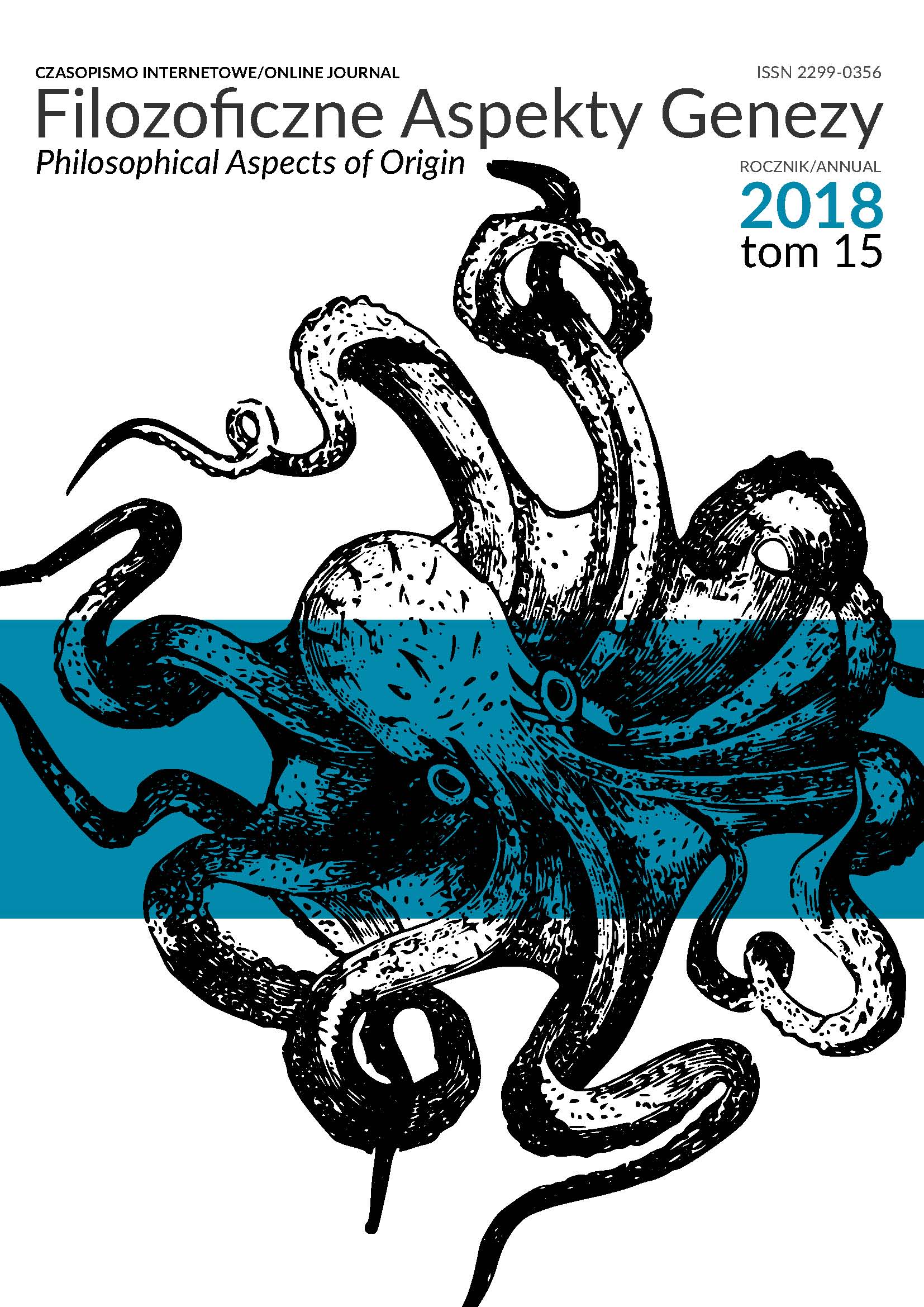O jakim artyficjalizmie mówi się w ramach koncepcji epistemicznych układów odniesienia? Polemika z Dariuszem Saganem
What Kind of Artficialism Does the Concept of Epistemic Frameworks Apply To? A Polemic with Dariusz Sagan
Author(s): Krzysztof J. KilianSubject(s): Philosophy, Philosophy of Science
Published by: Instytut Filozofii, Uniwersytet Zielonogórski
Keywords: Kazimierz Jodkowski; Dariusz Sagan; methodological naturalism; supernaturalism; artificialism; epistemic framework; intelligent design theory; hard core
Summary/Abstract: According to Dariusz Sagan, there are three possible epistemic frameworks: methodological naturalism, supernaturalism and artificialism. I aim to show that if we inspect the literature in Polish dealing with our contemporary understanding of science, we find that more epistemic frameworks have in fact been distinguished. Moreover, I argue that Sagan’s approach is too narrow, or premature, in that the history of science has not yet been fully examined in regard to this.According to Sagan, Jodkowski and I use the name “artificialism” in an ambiguous way: it is treated as an epistemic framework either for intelligent design theory or for science as a whole. The theory of intelligent design is a model example where artificialistic explanations are permitted, and so a maximal number of references to this theory is taken to itself be indicative of some sort of acceptance of this epistemic framework. Sagan also holds that ascribing so-called “hard cores” to epistemic frameworks, as I do, is a mistake. I, on the other hand, claim that that is not the case, as it is rather the effect of the fact — long-established in the philosophy of science — of the existence of an inseparable connection between the methodological assumptions we endorse and the metaphysical commitments we embrace.
Journal: Filozoficzne Aspekty Genezy
- Issue Year: 2018
- Issue No: 15
- Page Range: 251-280
- Page Count: 30
- Language: English, Polish

